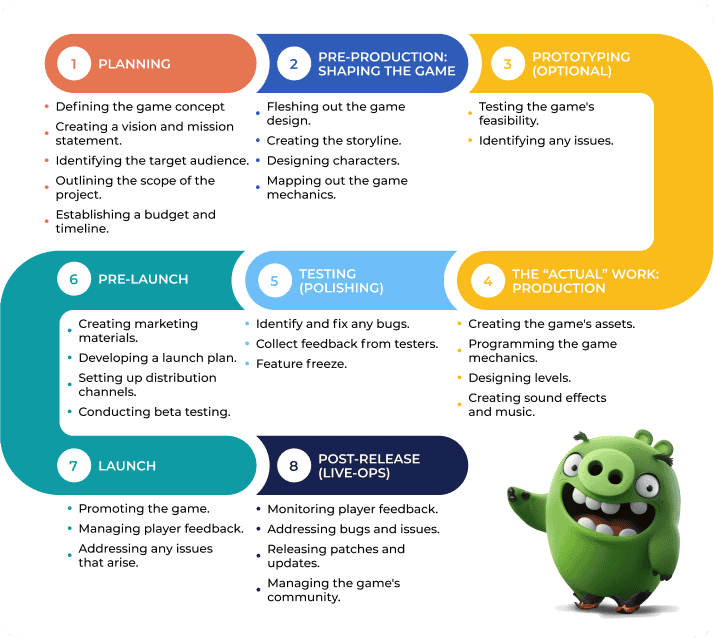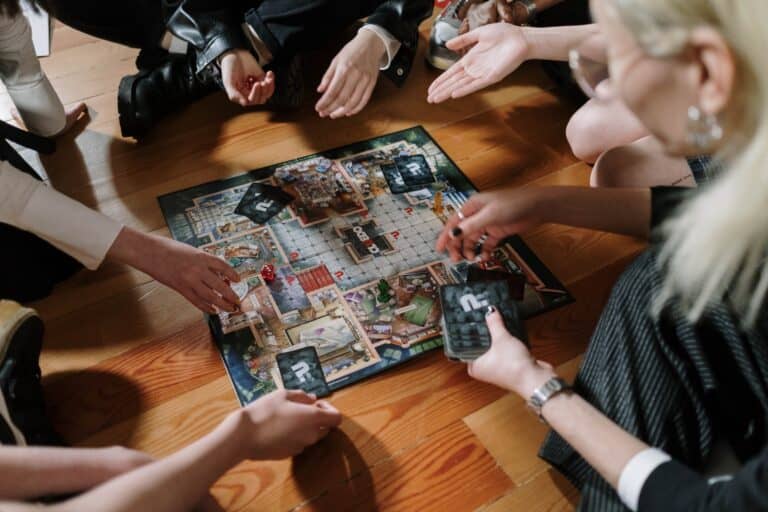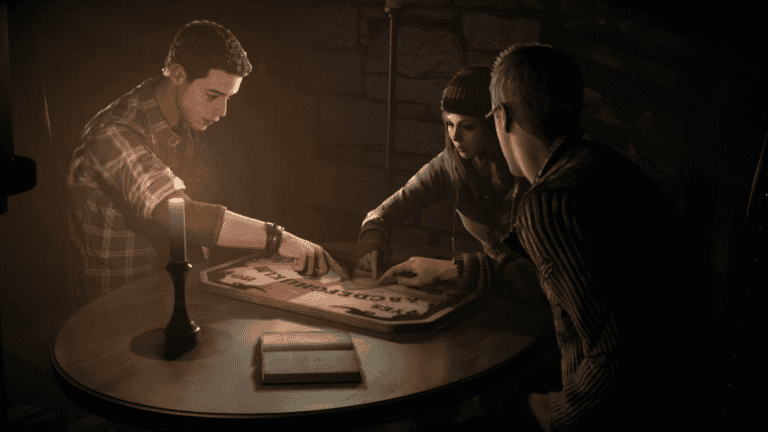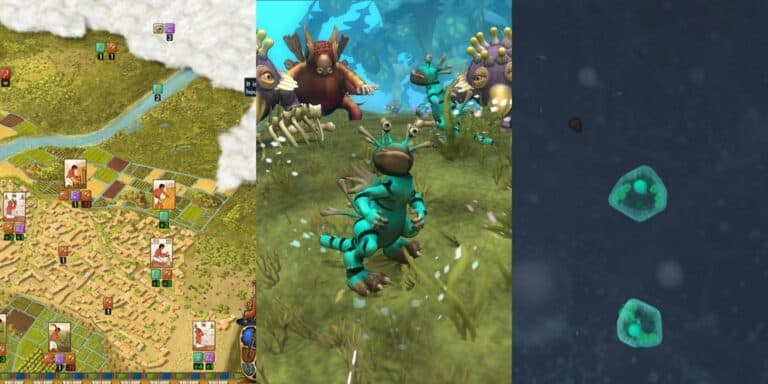Unleashing Creativity in Gameplay: A Deep Dive into Innovative Board Game Mechanics
Introduction: The Power of Game Mechanics
Board games have long been a medium for creativity and innovation, yet, in recent years, game designers have been pushing the boundaries even further, introducing novel mechanics that defy conventions and take the gaming experience to new heights. From cooperative gameplay to legacy elements, these innovative mechanics turn the tables, offering fresh perspectives and engaging narratives that captivate players and keep them coming back for more.
As Elon Musk once said, “When something is important enough, you do it even if the odds are not in your favor.” Game designers are doing just that – venturing into uncharted territory, risking failure, and ultimately redefining what a board game can be.
Cooperative Gameplay: A Twist on Competition
Cooperative gameplay flips the traditional competitive model on its head. Instead of battling against each other, players team up to overcome common obstacles, fostering a spirit of camaraderie and shared purpose.
Games like “Pandemic” and “Forbidden Island” have pioneered this approach, providing a unique gaming experience that values teamwork over individual victory. As Patrick Bet-David puts it, “Sometimes the greatest competition is against yourself.” In cooperative games, the true challenge lies in coordinating strategies, optimizing resources, and communicating effectively to achieve the shared objective.
Legacy Elements: Games That Evolve
Legacy games introduce a fascinating concept – actions taken in one game can have lasting consequences for future games. This mechanic breathes life into the game, turning it into an evolving narrative where players’ decisions have real, tangible impacts.
“Risk Legacy” and “Pandemic Legacy” are prime examples of this mechanic. They offer a dynamic experience, where every game is a new chapter in an ongoing saga, and the game board itself bears the scars of past battles, becoming a living testament to the players’ journey.
Real-time Elements: Racing Against the Clock
Real-time mechanics add a whole new level of excitement to board games. In these games, players must think on their feet, make swift decisions, and take actions within a set timeframe. The pressure of the ticking clock adds a thrilling sense of urgency that keeps players on the edge of their seats.
“Escape: The Curse of the Temple” and “Captain Sonar” employ this mechanic to great effect, turning every game into a nail-biting race against time. As the famed physicist Albert Einstein once noted, “The only reason for time is so that everything doesn’t happen at once.” In real-time games, however, it often feels like it does, and that’s part of the fun!
Deck-building Mechanic: Crafting Your Victory
Deck-building games provide a unique blend of strategy and adaptability. Players start with a basic set of cards and gradually acquire more powerful ones throughout the game. The challenge lies in optimizing your deck to respond to the ever-changing game dynamics and outmaneuver your opponents.
“Dominion” and “Star Realms” are renowned for their deck-building mechanics, offering countless strategies and paths to victory. These games truly embody the words of Bruce Lee, who said, “Adapt what is useful, reject what is useless, and add what is specifically your own.”
Conclusion: The Future of Board Games
The world of board games is in a constant state of flux, with designers pushing boundaries and creating fresh, engaging experiences. Innovative mechanics like cooperative gameplay, legacy elements, real-time action, and deck-building are just the tip of the iceberg. The only limit is the designer’s imagination. As we look to the future, it’s thrilling to imagine the new gameplay concepts that are yet to be discovered.
In the words of Steve Jobs, “Innovation distinguishes between a leader and a follower.” The board game industry is indeed leading the way, showcasing the power of creativity and challenging us all to think outside the box.
FAQs
What are board game mechanics?
Answer: Board game mechanics are the rules and methods that guide the gameplay. They dictate how players interact with the game and with each other, how they make decisions, and how they win or lose.
What makes a board game mechanic innovative?
Answer: An innovative board game mechanic is one that introduces a new concept or approach to gameplay, breaking away from traditional methods and offering a fresh and engaging gaming experience.
How do cooperative games work?
Answer: In cooperative games, players work together as a team to achieve a common goal, rather than competing against each other. They must coordinate their actions, share resources, and strategize together to win.
What are legacy games?
Answer: Legacy games are board games where actions taken in one game have lasting consequences for future games. They offer an evolving narrative where players’ decisions have tangible impacts on the game state.
What is a deck-building game?
Answer: A deck-building game is a card game where each player starts with a basic deck and gradually acquires more powerful cards throughout the game. The goal is to optimize your deck to respond to the game dynamics and outmaneuver your opponents.
Keywords: Innovative Board Game Mechanics, Cooperative Gameplay, Legacy Elements, Real-time Elements, Deck-building Mechanic, Board Game Design, Engaging Gameplay
Speaking of innovative mechanics, I remember the first time I played “Pandemic.” I was so used to the competitive nature of board games that the idea of working together with other players was a novelty to me. It was a refreshing change of pace, and we ended up having a blast, despite the fact that we lost miserably in our first few attempts. It just goes to show that sometimes, it’s not about winning or losing, but about the experience along the way.







